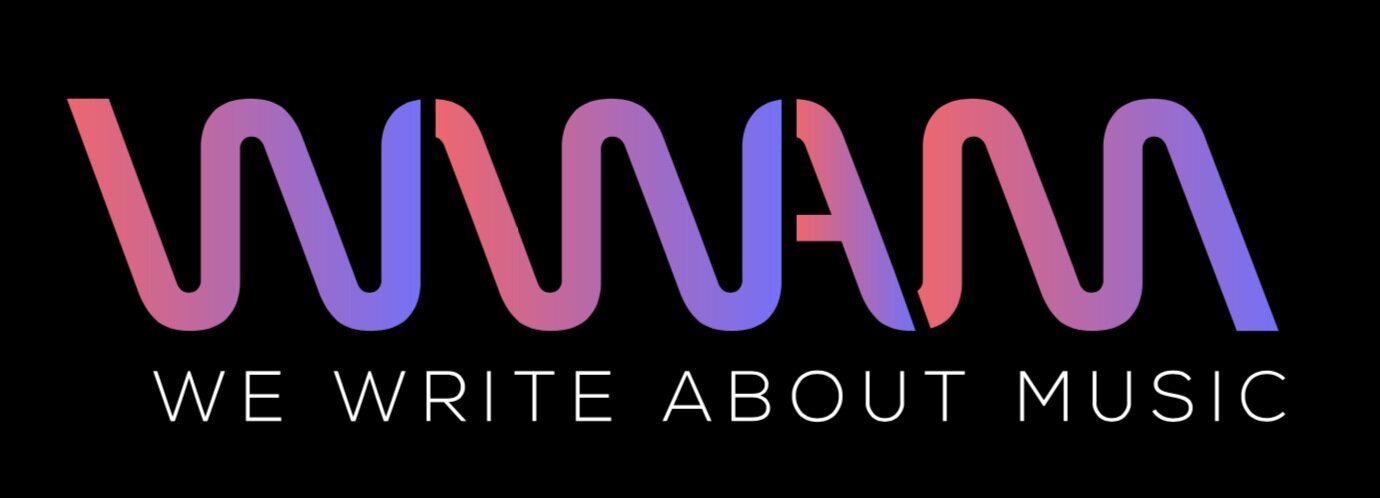Music & Gaming: The connection between Sound & Play
Setting the Tone: Music’s Role in Game Atmosphere
Music plays an essential role in establishing the emotional foundation of a game. Iconic soundtracks, such as those in The Legend of Zelda series, evoke a sense of adventure and nostalgia, amplifying the storytelling elements. Meanwhile, the stirring orchestral themes of Halo heighten feelings of epic battles and exploration, pulling players deeper into the immersive universe.
Developers use music to transport players into fantastical worlds. From the eerie tones of survival horror games like Silent Hill to the serene melodies in Stardew Valley, the soundtracks provide a vital layer of immersion. Music ensures that players feel connected to the game’s environment and narrative.
Interactive and Adaptive Soundtracks
Adaptive soundtracks respond to the player's actions in real time. For example, in The Elder Scrolls V: Skyrim, the music intensifies during combat, signaling danger and adrenaline, while transitioning to softer tones during exploration phases. This dynamic audio design bridges the gap between gameplay and emotion, ensuring that the player’s journey feels organic.
In titles like Red Dead Redemption 2, adaptive layering takes center stage. The soundtrack evolves seamlessly based on context, such as escalating during a high-stakes duel or fading into ambient sounds during a quiet campfire scene. These transitions enrich the player's experience and enhance engagement.
Collaborations with Artists
Collaborations between gaming platforms and mainstream artists have revolutionized entertainment. Fortnite set a new standard with virtual concerts by Travis Scott and Ariana Grande. These events combined music and interactive elements, attracting millions of fans, and merging two cultural phenomena—music and gaming—into a singular experience.
Such collaborations demonstrate the evolving relationship between music and gaming. Artists like Deadmau5 and Marshmello have extended their creative reach by producing in-game performances and exclusive tracks for titles such as Minecraft and Roblox. These partnerships expand the audience for both industries, fostering cross-medium innovation.
Music Rhythm Games
Rhythm games have solidified their place in the gaming world, with titles like Guitar Hero and Beat Saber achieving legendary status. These games require precise timing and coordination, making the music integral to the gameplay. Players not only engage with the rhythm but also develop a deep connection with the songs.
Games like Rock Band have brought people together by allowing them to form virtual bands and perform iconic tracks. These titles appeal to both music enthusiasts and gaming fans, creating a unique blend of entertainment that continues to thrive in modern gaming culture.
Future Trends in Music and Gaming
Advances in artificial intelligence are paving the way for dynamic, personalized soundtracks. Developers are exploring how AI can compose music that adapts not only to gameplay but also to individual player preferences. This innovation ensures a unique auditory experience for every player.
Virtual reality has opened new doors for immersive music experiences. Imagine attending a live concert within a VR game, where the performance interacts with the environment and player actions. Games like Beat Saber already hint at this potential, blending music and interactivity seamlessly.
Merging Music with Strategy
Gaming experiences benefit significantly from well-crafted soundtracks. Upbeat and engaging music in games like Slotomania enhances the casual gaming experience, making it more entertaining and relaxing for players. These soundtracks are carefully designed to evoke excitement and replicate the dynamic atmosphere of real-world casinos. Similarly, top-rated online casinos leverage accessible and appealing soundtracks to captivate a diverse audience. By incorporating universally enjoyable tunes, developers create an inclusive environment that resonates with players of all ages and backgrounds, effectively bridging the gap between traditional and casual gaming audiences.
Conclusion
Music and gaming share a profound connection that continues to evolve. From setting the tone and crafting immersive atmospheres to fostering dynamic gameplay through adaptive soundtracks, music enhances every aspect of the gaming experience. Collaborations with artists and the rise of rhythm-based games further demonstrate the synergy between these two industries. Looking ahead, innovations such as AI-driven soundscapes and VR concerts promise to deepen this bond. As technology advances, the interplay between sound and play will undoubtedly remain a cornerstone of interactive entertainment.
Like what you read? Follow our social media and playlist for the latest in independent music:

